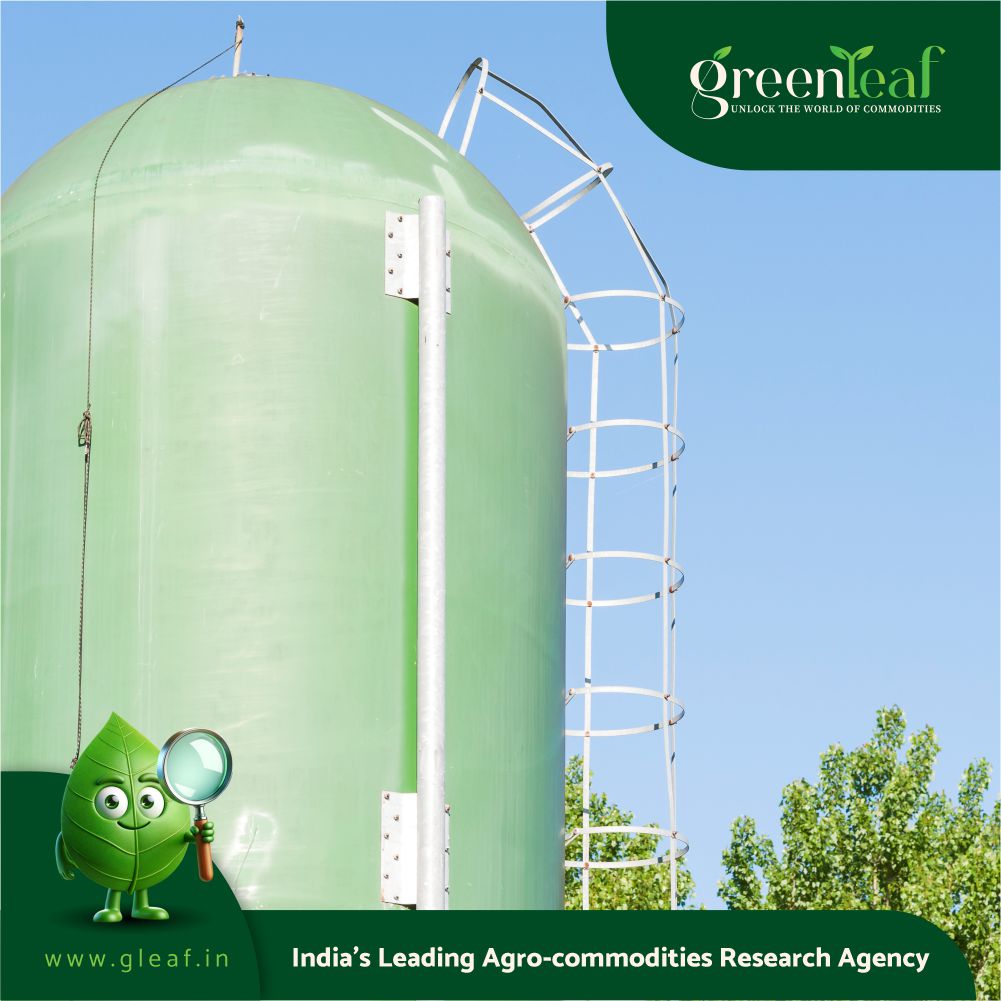In a major step toward advancing sustainable energy solutions, Prime Minister Narendra Modi has laid the foundation stone for Bharat Petroleum Corporation Ltd.’s (BPCL) new Compressed Biogas (CBG) plant in Yamunanagar, Haryana.
The project, valued at INR 90 crore, reflects the government’s growing emphasis on green energy, circular economy principles, and effective waste management. The CBG plant, slated to be operational by May 2027, will have the capacity to produce over 2,600 tonnes of compressed biogas annually.
This clean fuel will be generated using anaerobic digestion technology, processing nearly 45,000 tonnes of municipal solid waste and around 36,000 tonnes of cattle dung each year. By utilising biodegradable waste, the facility will play a critical role in reducing the region’s dependence on conventional fossil fuels and enhancing environmental sustainability.
Speaking at the event, Prime Minister Modi emphasized the transformative potential of such projects in reshaping India’s energy landscape. He hailed the Yamunanagar plant as a model initiative that can be replicated across the country to encourage the adoption of clean fuels, support effective waste disposal mechanisms, and generate employment. The project is expected to deliver wide-ranging benefits at both the local and national levels. It will provide an environmentally sound method for disposing of organic waste and cow dung, converting them into usable energy and bio-manure.
The initiative will also reduce tipping fees for the local municipal body, leading to estimated savings of around INR 3 crore annually. Moreover, it will cut down carbon dioxide emissions by 7,800 tonnes per year and help substitute 2,600 tonnes of conventional Compressed Natural Gas (CNG), reducing the nation’s reliance on imported fuels and saving over INR 9.5 crore in foreign exchange.
Beyond biogas, the facility will produce nearly 9,500 tonnes of bio-manure annually. This organic fertilizer is expected to improve soil health and contribute to more sustainable agricultural practices by enriching carbon content and enhancing water retention capacity. Farmers stand to gain significantly from improved yields and reduced input costs.
The Yamunanagar plant is aligned with the Government of India’s broader strategy under the Gobardhan scheme, which promotes the conversion of organic waste into valuable bio-resources. In the Union Budget 2023-24, the government announced the establishment of 500 such waste-to-energy plants nationwide, including 75 bio-methanation plants in urban areas specifically focused on compressed biogas. BPCL is actively supporting this national agenda.
The company plans to set up 26 CBG/Bio-CNG plants with a total capacity of 50,000 Metric Tonnes Per Annum (MTPA) over the next two to three years. Under the Sustainable Alternative Towards Affordable Transportation (SATAT) initiative, 100 CBG plants have already been commissioned across India, and another 80 are currently under construction. Collectively, Oil & Gas Marketing Companies (OGMCs) are working on developing 195 CBG facilities to further the government's green energy objectives.
The Yamunanagar plant will also create significant employment opportunities. It is projected to generate around 15,000 man-days of work during the construction phase and offer direct and indirect employment to about 50 people once operational. Additionally, it will contribute to reduced air pollution and methane emissions, which are often linked to open dumping and landfill fires. The company operates an extensive network that includes three major refineries in Mumbai, Kochi, and Bina, with a combined refining capacity of 35.3 Million Metric Tonnes Per Annum.
BPCL also boasts a vast marketing infrastructure, with over 23,500 fuel stations, 6,200 LPG distributors, and hundreds of other facilities and service points across the country. BPCL is committed to achieving Net Zero status for its Scope 1 and Scope 2 emissions by 2040. It has already begun building a comprehensive green ecosystem that includes over 6,500 electric vehicle charging stations and significant investments in renewable energy, biofuels, and hydrogen.
The company’s corporate social responsibility efforts span across education, water conservation, skill development, health, and community empowerment, aligning with its core philosophy of 'Energising Lives.' With this, the Yamunanagar biogas plant marks a significant step in India’s march toward energy self-reliance and sustainability. The project stands as a symbol of collaborative governance, innovation in energy, and a cleaner future for all.















